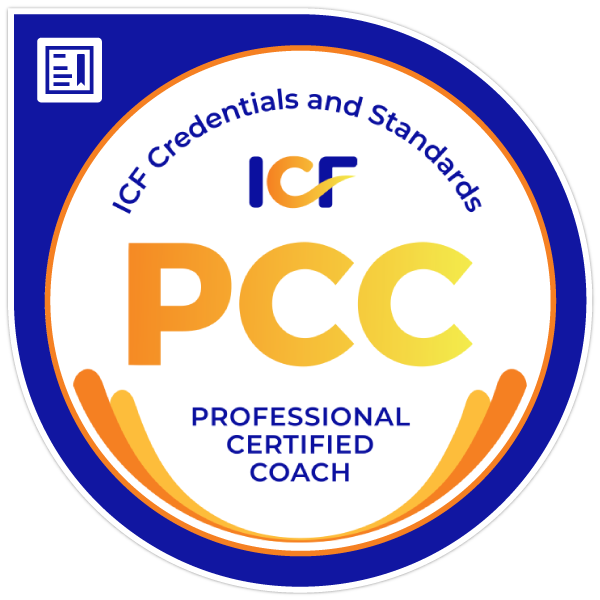14425 College Blvd. Lenexa, KS 66215
Business Hours
Monday-Friday 7am - 7pm
Saturday 8am- 2pm
The Pursuit of "More": Finding happiness in a World of Comparison
In today's hyperconnected world, it's not uncommon to encounter individuals who seem perpetually dissatisfied, constantly yearning for more. They chase success, possessions, and societal validation, believing that achieving these external milestones will bring them lasting fulfillment. But where does this insatiable desire originate? Have you ever found yourself trapped in this cycle, always seeking more without ever feeling satisfied? Lets explore the roots of this mindset, the detrimental effects of comparison, and the path towards finding happiness within ourselves and our lives.
The Pursuit of "More":
- The Origins of Discontent: The need for more can stem from various sources. Cultural influences, societal expectations, and upbringing play a significant role. From an early age, we are bombarded with messages that equate success with material possessions, external achievements, and comparison to others. This constant reinforcement creates a mindset where happiness and self-worth are tied to external factors, leading to an insatiable hunger for more.
- The Illusion of Comparison: Comparison has become an integral part of our lives, amplified by the rise of social media. We find ourselves scrolling through carefully curated feeds, comparing our lives to others' highlight reels. This constant exposure to others' seemingly perfect lives can foster feelings of inadequacy, fueling the desire for more possessions, experiences, or achievements. It becomes a never-ending cycle, as we believe that obtaining what others have will bring us happiness and fulfillment.
Embracing Authentic Happiness:
- Shifting the Focus: Finding contentment begins with shifting our focus from external measures of success to internal satisfaction. Instead of fixating on what others have, we must cultivate gratitude for what we already possess. By recognizing and appreciating the blessings in our lives—love, friendship, good health, personal growth—we can find a sense of fulfillment that goes beyond material possessions.
- Embracing Uniqueness: Each of us has a unique path, and comparing our lives to others only undermines our individual journey. It's important to embrace our own strengths, passions, and desires, rather than striving to fit a predetermined mold. By celebrating our own achievements and milestones, we can develop a sense of self-worth that isn't dependent on external validation.
- Building a Supportive Community: Instead of viewing others as competitors, we should cultivate a sense of genuine happiness for their successes. Celebrating the achievements of others and offering support creates a positive and uplifting environment. Surrounding ourselves with a supportive community that fosters growth and self-acceptance can help break free from the comparison trap.
- Nurturing Inner Well-being: Cultivating inner peace and well-being is crucial in finding contentment. Practices like mindfulness, self-reflection, and self-care can help us reconnect with our values, needs, and aspirations. By focusing on personal growth, self-compassion, and embracing a positive mindset, we can find joy in the journey rather than fixating on an elusive destination of "more."



Book Your Appointment Today.
Showing up is the first step to change.
Email: info@launch-wellness.com
Call: 913-353-2926
Send A Message:
Thank you for contacting us.
We will get back to you as soon as possible.
Please try again later





